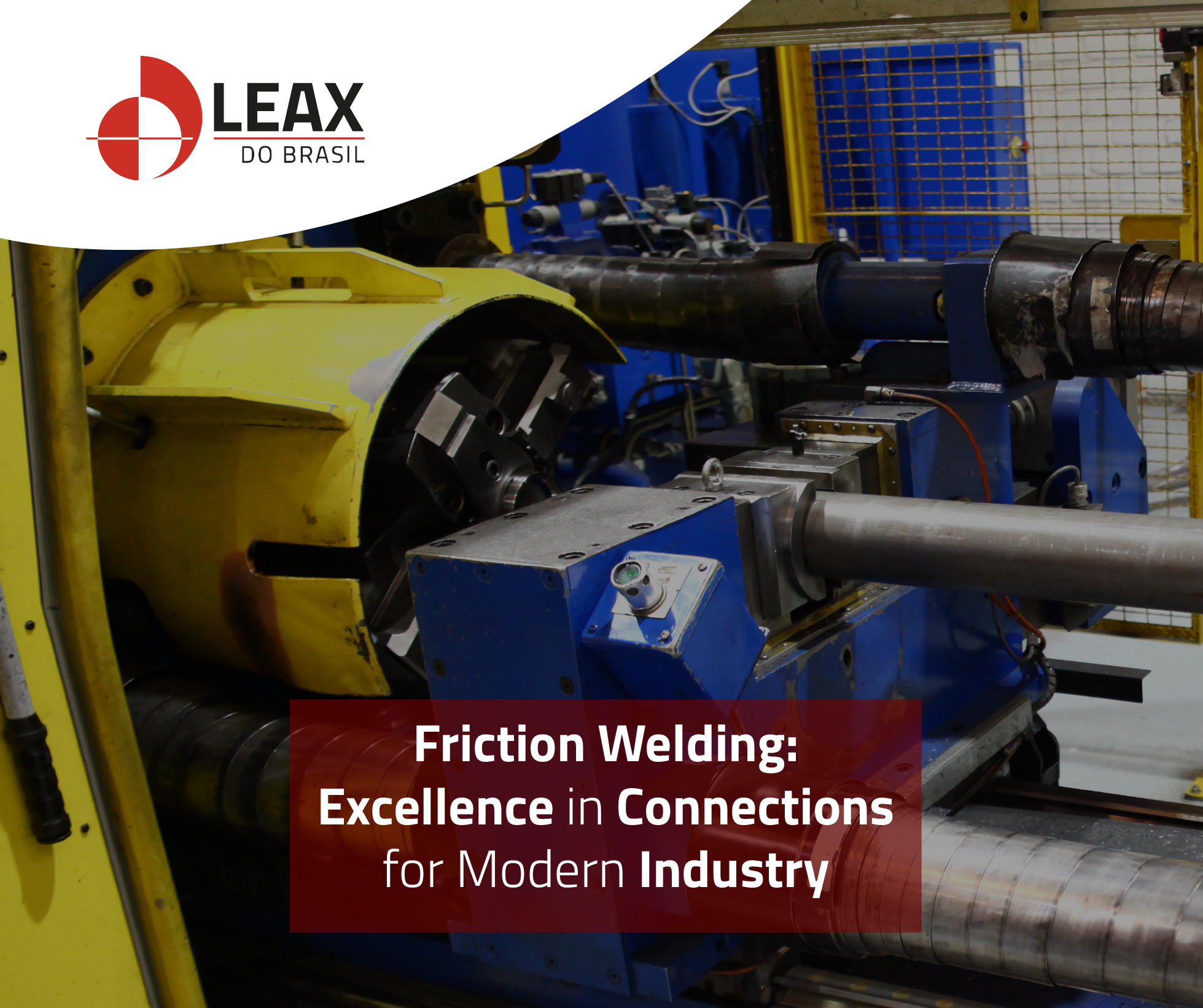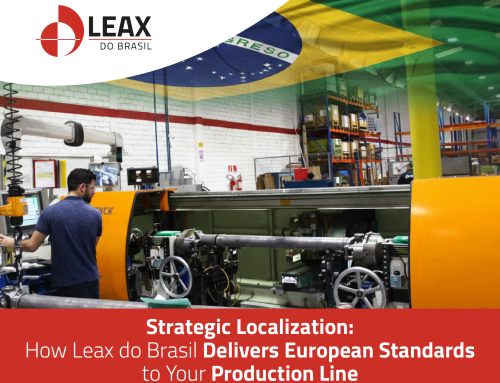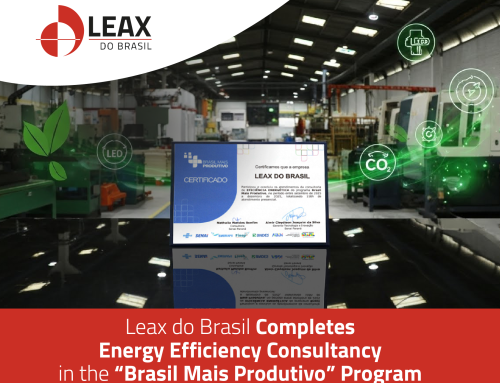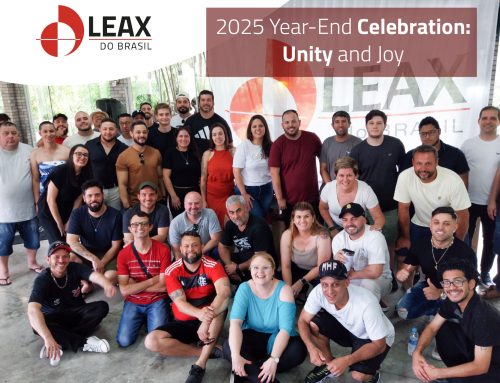The Revolution of Friction Welding in Industry
In modern industry, the pursuit of robust, durable, and efficient connections is essential to meet the demands of sectors such as automotive, agriculture, and mining. Friction welding, an advanced technology that uses heat generated by friction to join materials, stands out for its ability to create high-strength joints without compromising component integrity. Leax Brazil is a global reference in applying this technique, producing parts such as shafts and gears with superior quality.
What is Friction Welding and When to Use It?
Friction welding is a solid-state joining process that uses thermal energy generated by friction between two parts to create a strong, homogeneous connection. Unlike traditional methods, such as fusion welding, it does not melt the materials, preserving their mechanical properties. This technique is ideal for:
- High-strength components: Such as propeller shafts, universal joints, and transmission shafts used in heavy vehicles and agricultural machinery.
- Dissimilar materials: Enables the joining of different metals, such as steel and aluminum, common in electric vehicles.
- Precision applications: Where structural integrity and durability are critical, such as in automotive transmissions.
Leax Brazil uses friction welding to produce components that meet the needs of global automakers, ensuring performance in extreme operating conditions.
Benefits of Friction Welding
Friction welding offers significant advantages for industries seeking efficiency and quality:
- High strength: Welded joints have strength comparable to the base material, ideal for high-load applications.
- Precision and consistency: The controlled process reduces defects, ensuring uniform connections.
- Sustainability: By not using consumables such as gases or electrodes, it is an eco-efficient technique aligned with Leax’s sustainability goals.
Versatility: Applicable to a wide range of materials and geometries, such as gears and shafts mentioned in the history.
These benefits make friction welding a strategic choice for the automotive and agricultural industries, where durability and efficiency are essential.
Advanced Technology at Leax Brazil
Leax Brazil combines its expertise with investments in cutting-edge technology. We integrate Industry 4.0 technologies, such as automation and data analytics, to optimize production and ensure the quality of each component.
Quality Control: Leax’s Differentiator
Maintaining quality in friction welding requires rigorous processes and technical expertise. At Leax, we implement:
- 3D measurement: To ensure geometric precision in each part.
- International certifications: Our processes comply with standards such as ISO 9001, required by the automotive sector.
- Continuous training: Our team is trained to operate cutting-edge equipment and uphold high standards.
Sustainability in the Welding Process
Friction welding is inherently sustainable, as it eliminates the need for additional materials and reduces energy consumption compared to traditional methods. This approach not only reduces environmental impact but also adds value for clients committed to environmental responsibility.
Aplicações em Diversos Setores
A solda por fricção da Leax é aplicada em componentes para diversos setores:
Applications Across Various Sectors
Leax’s friction welding is applied to components for various sectors:
- Automotive: Transmission shafts and universal joints for heavy and electric vehicles.
- Agriculture: Parts for tractors and implements, ensuring robustness in challenging terrains.
- Mining and Construction: Components that withstand high loads and extreme conditions.
Leax Brazil’s friction welding delivers robust, durable connections perfect for modern industry. With technology, sustainable processes, and a client-centric approach, we are ready to support your production with excellence. Request a tailored quote and discover how our solutions can transform your operation!
Talk with us
Questions? Make Contact: [email protected]








Leave A Comment